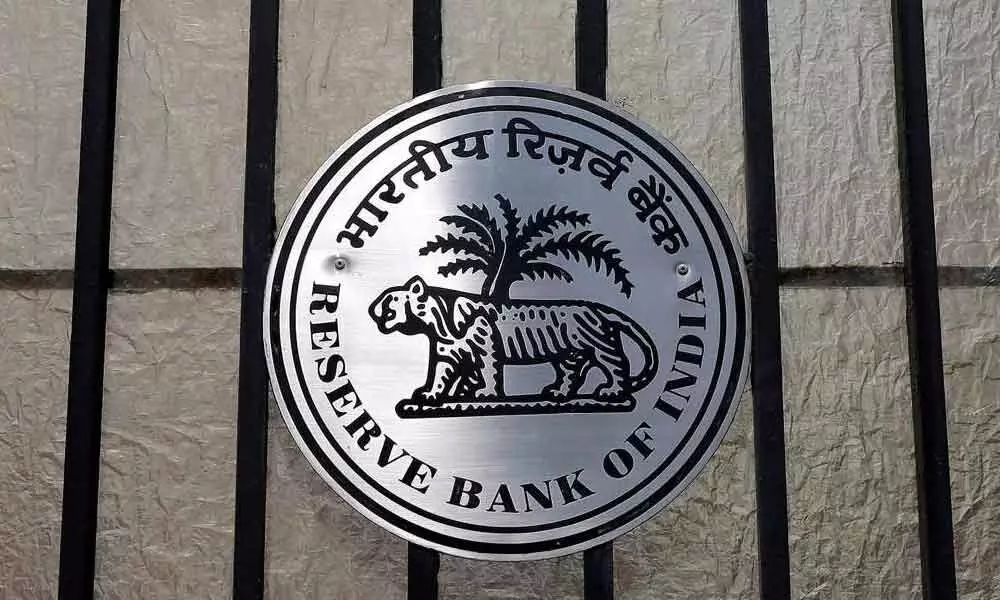RBI likely to defer key policy rate hike amid escalating geopolitical tension
Keeping in view the ongoing geopolitical tension, primarily caused by the Ukraine crisis, RBI has reason to delay hike in key policy rates to the second half of the next fiscal.
image for illustrative purpose

Keeping in view the ongoing geopolitical tension, primarily caused by the Ukraine crisis, RBI has reason to delay hike in key policy rates to the second half of the next fiscal.
It was what was reflected by a majority of MPC members during their three-day long marathon meeting early this month. So much so that the RBI is not likely to increase its key policy rates in its next policy review, slated for April.
While the recent escalation of geopolitical tensions may further inflame crude oil prices, as per Icra, keeping inflation elevated in the next few months, the MPC members appear unlikely to choose to sacrifice growth to tame pressures arising from global forces.
Most believe growth may have lost some momentum, remains sub-par, and needs policy support to draw near the lost ground. Monetary policy complementarity and favourable financial conditions are still needed. While members unanimously kept the rates unchanged, they slightly differed on the medium-term policy response to the divergent global rate scenario. RBI Governor, Dr Shaktikanta Das and its deputy governor, Dr Michael Patra were of the view that the policy response should depend on domestic dynamics and not solely in response to DM policies. Prof Goyal reckoned the elevated term premia reflected market overreaction.
Emkay maintains that the RBI has some flexibility to delay rate hikes. Amid elevated term premia, India's current real rates look reasonable vs peers, given the present crosscurrents. Policy rate hikes will be well-telegraphed, shallow and pushed to H2FY23, with RBI in an active wait-and-watch mode. However, analysts reckon the gradualist approach toward normalization could be challenged by various global and domestic - factors.
Discussion on domestic rates amid changing global rates scenario assumed importance for some members. Prof Goyal thinks high rates and elevated term premia depict market overreaction on Fed normalisation, higher borrowing requirement, and equating India's inflation with the west. As per her, India's policy normalization had already begun with liquidity repricing in early 2021.
Still there are concerns from rising geopolitical tensions.
Most MPC members noted the risks of spillovers from global geopolitical conflicts leading to oil supply disruption but for now remained comforted with the expected benign food inflation trajectory, which should keep headline inflation in check. Governor Das noted that there was a need to remain watchful of the risks to domestic inflation arising from rising international commodity prices. Dr Patra also highlighted that geopolitical tensions and climate transition challenges complicate the overall inflation outlook.
The stout policy signalling in the MPC meeting and generally dovish minutes imply the RBI, as per Kotak Economy, would go slow on policy transition. The geo-political risks have risen substantially since February policy and commodity price shocks could hit the economy hard if they persist. However, policymakers may not react immediately through the interest rate channel.
Making the long story short, the RBI has some policy flexibility on hand, which will delay repo rate hikes.

